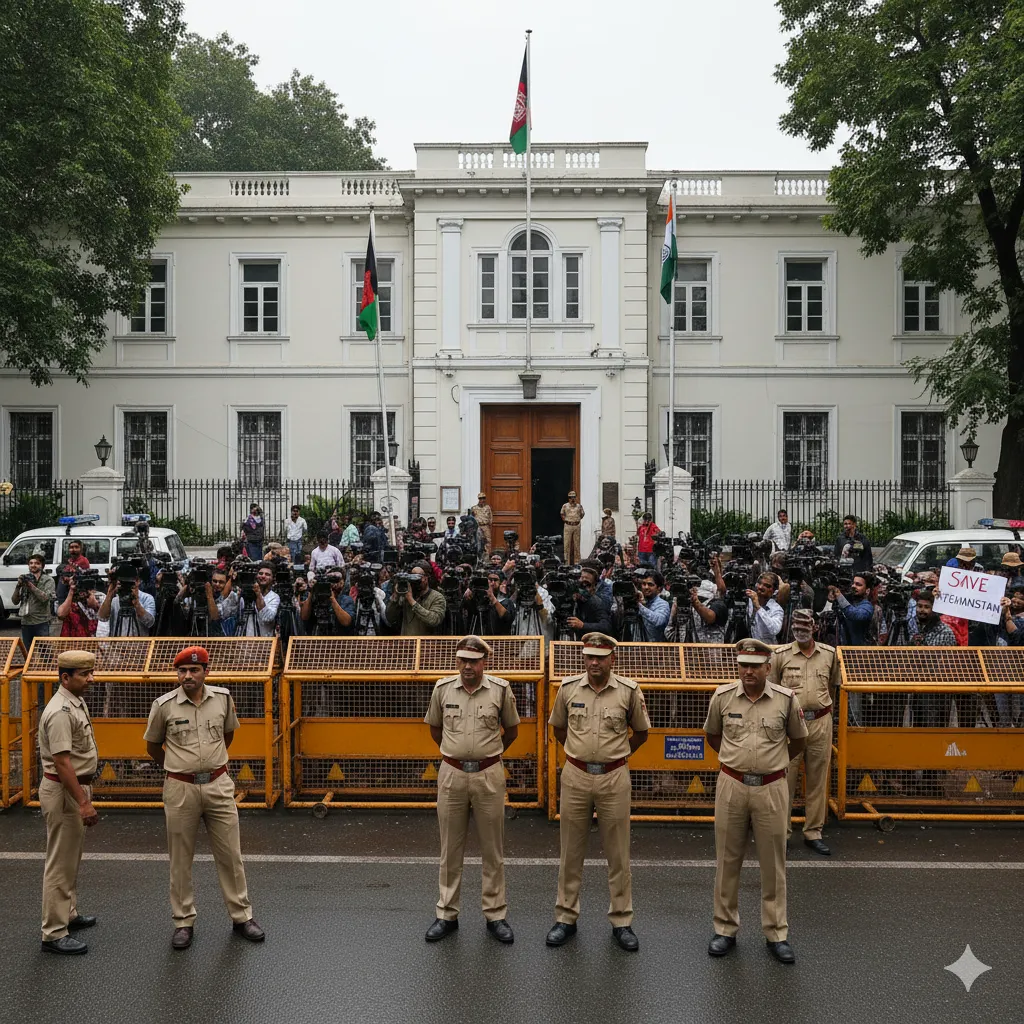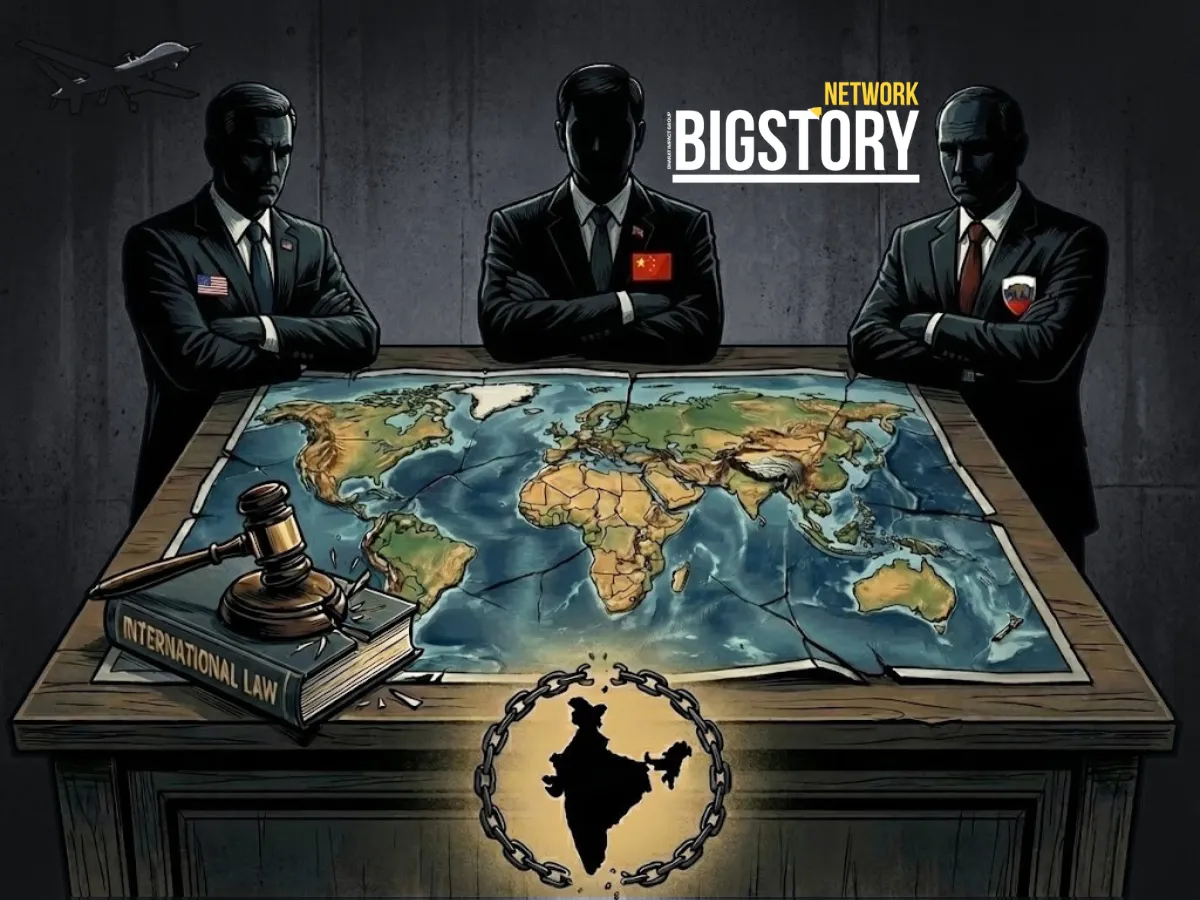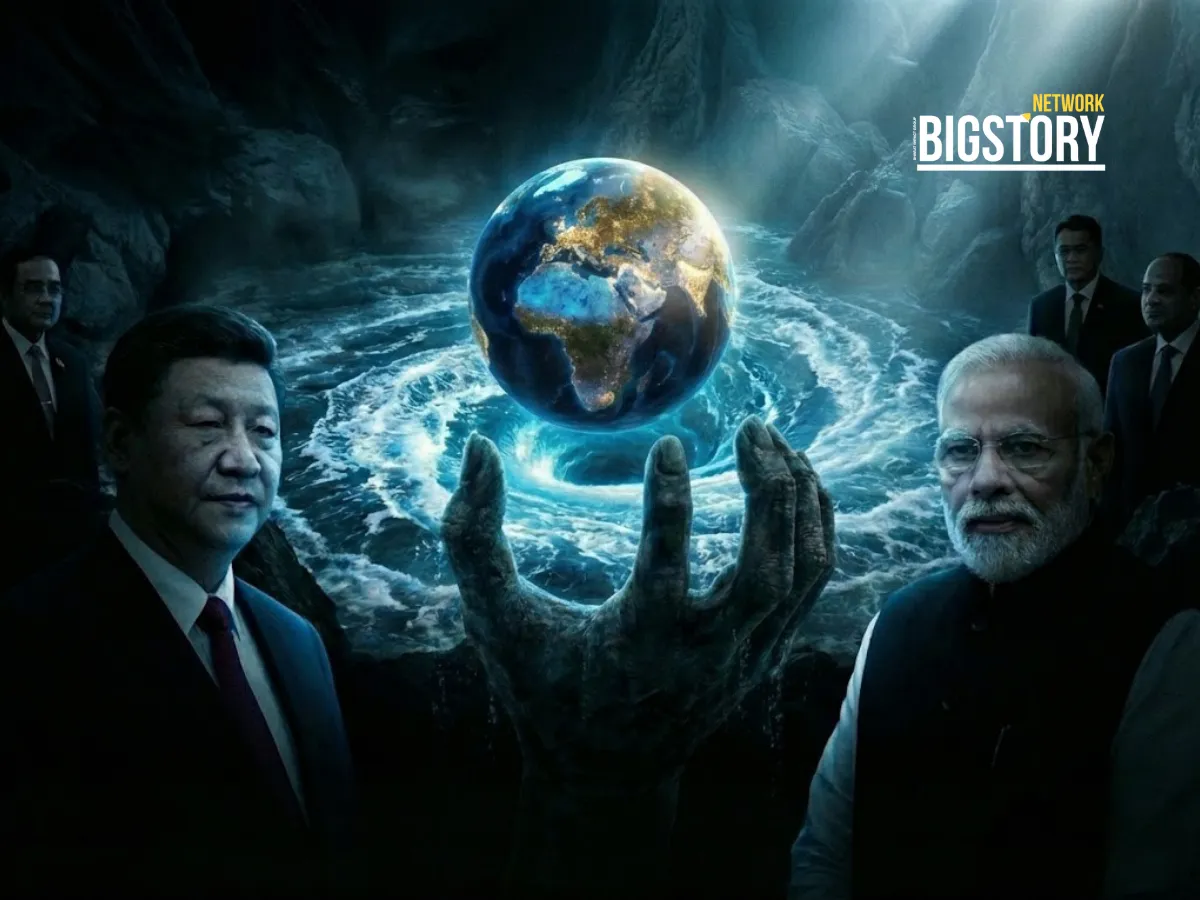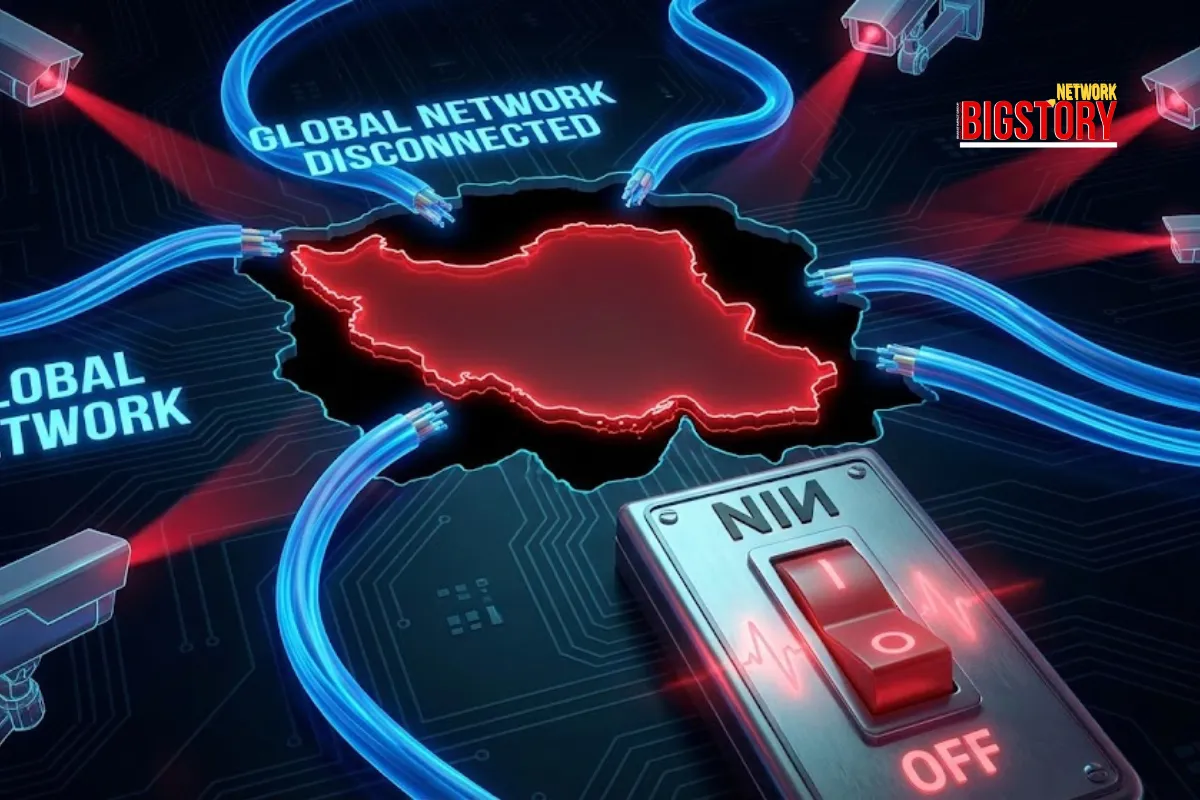Taliban Foreign Minister Amir Khan Muttaqi barred women journalists from Delhi press conference, triggering political outrage, diplomatic controversy, and press freedom concerns in India.
 Sseema Giill
Sseema Giill

A major diplomatic storm erupted on Friday when women journalists from leading Indian outlets including India Today, NDTV, Times Now, and The Independent were barred from entering the Taliban foreign minister’s press briefing in New Delhi.
The press conference was held at the Afghan Embassy following bilateral talks between Amir Khan Muttaqi and India’s External Affairs Minister S. Jaishankar.
Despite holding official invitations and complying with Islamic dress codes, women reporters were stopped at the gate by security personnel and Delhi Police. Male journalists were allowed entry.
The incident immediately escalated into a political flashpoint.
Several senior journalists echoed similar sentiments, questioning why India allowed discriminatory foreign protocols on its soil.
The Ministry of External Affairs (MEA) issued a statement distancing itself:
“The MEA had no involvement in the press interaction held yesterday by the Afghan foreign minister in Delhi.”
The Taliban delegation justified the exclusion by saying:
“Every country has its own rules and regulations. Afghan women follow the rules made by the country’s Nizam.”
Diplomatic sources revealed that Indian officials had recommended inclusion of female reporters, but Taliban officials rejected the suggestion.
This was the first time women journalists have been excluded from covering a foreign delegation’s event in India, marking a disturbing precedent.
The incident also comes amid India’s cautious engagement with the Taliban:
International figures including Taslima Nasreen condemned the incident, saying the Taliban “do not consider women to be human.” She also criticized male journalists for not walking out in solidarity.
India’s decision to engage diplomatically with the Taliban reflects strategic compulsions tied to:
But the diplomatic pragmatism comes with ethical costs—as seen in the global criticism India now faces.
Since taking power in 2021, the Taliban has:
The UN calls this the world’s most severe women’s rights crisis.






Sign up for the Daily newsletter to get your biggest stories, handpicked for you each day.
 Trending Now! in last 24hrs
Trending Now! in last 24hrs



